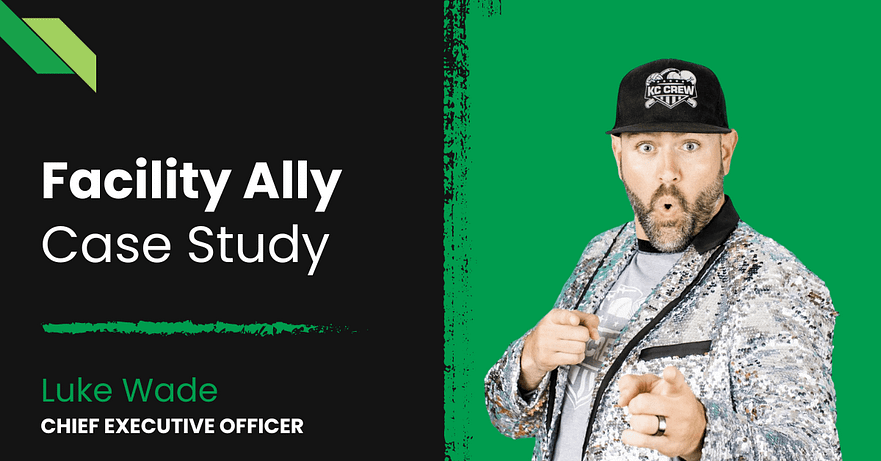Common Programming Terms Used in Software Development
Tired of being left out in every technical discussion? Learning some of the basic programming terms will not only benefit you in the long run, but it would also make the whole development process easier. Today, we’ll look into some of the most used terms in software development. Read on.
Software development is not an easy subject to master. It takes years of training, studying, and practice to become a good programmer. That’s why it’s so difficult to find experts qualified to do a certain project.
And as a non-technical founder, you may not be able to help out much in the actual development. But, there are things you can do to become more involved. Familiarizing the fundamentals and the simple code terms go a long way.
Why you should learn Programming Terms
Startup founders are generally not expected to learn all the complex technical theories and concepts of programming. That’s the programmer’s job. However, having a sense of understanding about the whole process will drastically help your development team.
By learning the basic principles and the fundamental programming terms, you can better articulate what you need in development. Likewise, you won’t need to pull out a dictionary every time they’re using jargon.
On top of that, you get to avoid communication gap issues. In a nutshell, the better you understand the technicalities, the easier the programmer’s job will be. Keep in mind, the goal isn’t to turn yourself into a programmer. It’s just to get a better idea of how things work.
How Software Development Works
The first thing you have to learn about software development is its process. There’s a lot of approaches a team can take in building software. However, there is a standardized method they follow to sequence the development.
Software Development Life Cycle (SDLC) is the general process of software development. It involves a series of steps that reiterates until the completion of the project. It’s composed of five major phases: initiating, designing, executing, testing, and deployment.
Common Programming Terms to Learn
Just like any discipline, software development has a long glossary of terms. Since it’s difficult to narrow down such a broad practice, we’ll just refer to the most used words by programmers.
We start off by learning the technical terms in the stages of development. Since it is a complicated process, we’ll limit our list to the Planning and Building stages. For each of these stages, the development team will constantly communicate updates, issues, and feedback.
That’s why it’s a good idea to learn the common jargon for a seamless flow of conversation. So, let’s begin learning the most used programming terms.
Planning Stage
The initial planning stage of the project consists of discussions about the requirements and specifications. It will also include the design plan for the product. These are the terms programmers will throw out when they’re talking with the client or management.
User Story
User story is an informal description of a software feature, written from the perspective of the end-user or user of a system. It helps the software development team understand the system and its context better. A user story can be written by the client, manager, or anyone from the development team. How to create a good user story is it isn’t own art form.
Use Case
A use case is written documentation of how users navigate your website. It records how the system responds to requests from the user’s point of view. Every use case outlines the sequence of steps taken by the user to reach a certain goal.
Agile
Agile is a software development strategy that emphasizes the speediness of deliverables. In Agile, work is delivered in smaller increments. This allows the team to adapt to changes rapidly since requirements, strategies, and outcomes are assessed on a regular basis.
Scrum
Scrum is used to implement the Agile strategy. It’s a framework that follows an iterative process that comes in the form of sprints.
Sprint
A sprint is a time frame of when to complete deliverables. It’s typically measured in weeks. The deliverables are set at the beginning of the sprint and reviewed once the time frame is over. One iteration is made up of multiple sprints.
Sprint Planning
Sprint planning is part of the scrum process that starts the sprint. The team meets firsthand to figure out what to accomplish in a given sprint and how it will be done. You can think of it as a huddle before the actual race.
Retrospective
To evaluate the completed work, the team conducts regular Retrospective meetings. During this meeting, they reflect on the said task to determine what worked, what could be improved, and what the future plans are. This usually concludes the Sprint and is done on a regular monthly basis.
Story Points
Story points are a type of metric to estimate the difficulty of a user story. It measures how much effort is needed to implement the said story. The harder it is, the higher the points.
Building Stage
Now that we’ve learned some of the common terms used in the planning stage, let’s move on to the actual development phase. This includes the development and testing stages of the SDLC process. During this stage, the development team will be expecting feedback on their progress.
Hence, conversations will center around the issues they’ll encounter during the development and modification of the initial plans.
Repository
A repository is a form of data storage. It contains all the necessary elements needed for the development process such as databases, files, or documents. This is an accessible source for the team and the clients to efficiently extract data for the project.
Pull request
Pull requests are a form of notification given by developers when they’re done building a feature. The developer files a pull request using their version control tool (Git, BitBucket, etc.). This notifies everyone involved in the project that the code is ready for review and merging into the main branch.
Unit test
A unit is the smallest piece of isolated code in a system. This can be a function, a method, a subroutine, or a property. Unit tests check on a specific part of the program.
Integration test
Integration testing is the process of testing combined software modules. It evaluates a system’s compliance with the specified system requirement. The test goes after the unit test.
Acceptance test
The final stage of software testing, acceptance tests ensures that there are no issues before launching. The end-user usually performs this test.
Bug
A bug in programming means an error in the application. It can either be a certain feature not performing as intended or it’s malfunctioning. The test fails if there are bugs found. The programmer does a process called debugging to fix the problem.
Develop with Full Scale
Want to learn more about software development? Or do you need help with a project? Full Scale has the right experts for the job!
Full Scale is a software development company that offers a wide range of startup services. We can assemble a dedicated team of tech experts to assist in scaling your business.
Whether you’re in the middle of building an app, or you’re just starting from scratch; our team can provide our services. We follow a Guided Development process that allows us to enter any stage of your project. Develop your business with Full Scale. Talk to us today!



